Post-Progressive Social Science: A Manifesto
A conference, a manifesto, and a movement
This is an important week for the post-progressive intellectual movement.
In June, I was pleased to organize the first inaugural conference on Heterodox Social Science at the University of Buckingham. The conference was focused on two pillars of a new research programme: 1) forbidden topics or viewpoints (such as the negative economic effects of immigration, or whether differences in family structure help to explain racial inequality); and 2) ‘Critical Woke Studies’ – the analysis and conceptualization of cultural left ideology, which has achieved a position of institutional hegemony in western societies.
The post-conference feedback from participants and attendees exceeded my most optimistic expectations. We attracted many big names, as well as some lower profile talents, and all were exceedingly complementary. It was convivial, positive, and buzzing with intellectual energy and purpose – what Americans term ‘generative.’ Here is some online commentary from Michael Shermer and Steven Pinker, and from Quillette’s Claire Lehmann about the conference. The event spanned the range from liberals like Yascha Mounk and Steven Pinker to conservatives such as Chris Rufo and Gad Saad. But all agreed on the underlying urgency of the mission to rebalance our warped knowledge production system.
You can find a growing range of live video content from the conference here.
The 3-day meeting was designed with a number of follow-on activities.
1. I have just launched the Buckingham Manifesto for a Post-Progressive Social Science, which has been signed by most of those who attended the conference, spanning the range from Steven Pinker, who espouses institutional autonomy, to Chris Rufo, who prefers government intervention. This is a rare achievement. The manifesto, just published in the Chronicle of Higher Education, reflects the twin aims of the conference: a) Heterodox Social Science to fill in the missing perspectives and topics that progressive social science has forced to the margins or effectively outlawed, distorting the truth-seeking knowledge production project of higher education; and b) Critical Woke Studies: the need for a forensic analysis and conceptualization of the cultural left ideology that dominates our elite institutions and public life. If you are an academic or graduate student who wishes to sign, you can do so here.
2. The next step is a special issue of the academic journal Theory and Society (whose editor Kevin McCaffree spoke at the conference) which I am editing.
3. I will be announcing a Buckingham Research Award of up to £100,000 for post-progressive social science research.
4. This will be followed by an edited book entitled Post-Progressivism: Toward a New Social Science.
The aim here is similar to that which launched Critical Race Theory. Consider that CRT began with a Harvard radical student-led course in 1981, drawing on the 1977 Combahee River Collective statement of black lesbian feminists which used the term ‘identity politics.’ The growing movement then produced a 1987 Critical Legal Studies National conference on silence and race, and then the foundational ‘New Developments in Critical Race Theory’ workshop at the University of Wisconsin in 1989. This was organized by Kimberlé Crenshaw, with Neil Gotanda and Stephanie Phillips, and seminal CRT figures such as Richard Delgado, Mary Matsuda and Derrick Bell, among others, in attendance. A new term and movement were born.
In 2001, the seminal volume, Critical Race Theory, edited by Richard Delgado and Jean Stefancic, was published.
Notice the elements to this successful intellectual movement, which made a huge impact in the high culture: a) a conference at a memorable, concrete location in time and space (University of Wisconsin, 1989); b) an intellectual manifesto; and c) an edited book which crystallizes the conceptual, empirical and normative contributions of this new way of understanding the world.
It’s fair to say that CRT was planted in fertile soil given the cultural left predilections of so many academics. Hence there was already a literature on CRT, with the book catching up. By contrast, in other cases, such as Jena-Francois Lyotard’s Postmodern Condition (1979), a book can help to galvanize a loose set of intellectual endeavours and focus a subsequent stream of research and cultural production.
The post-progressive movement in the high culture will need to harness both academic and non-academic voices, those within the university and those outside it. We do not benefit from working with the grain of post-Christian egalitarian-humanitarian morality - a substrate which has accelerated cultural left movements to popularity in universities in recent decades. Instead, we are attempting to leverage narratives of freedom, reason and tradition to push against the cultural left grain of modern high culture.
Where next? To rebalance higher education we need government-led reform but must also construct a parallel infrastructure for countercultural scholarship and teaching in the social sciences and humanities. I am willing to work with those who abjure government involvement, like Steven Pinker or Greg Lukianoff, and those who advocate it, like Chris Rufo or myself. Post-progressivism is a big tent that must encompass old leftists, classical liberals and conservatives.
Stepping away from post-progressivism to put my policy hat on, I am a believer in the importance of government-led reform. In terms of government, the federal and state levels in the US are leading the policy conversation, with Canada, Australia, Britain and many other western countries still maintaining the old woke regime in which the radical left controls the mood music and policies of higher education - with no interference from the taxpayers who foot the bill for this scholar-activist enterprise.
On this score, I was a proud signatory of Chris Rufo’s Manhattan Statement on Higher Education, which calls for a new contract between the government and universities. This will stipulate that in exchange for taxpayer support (student loans, research grants, charitable status), universities will agree to protect free speech and abolish DEI programmes such as affirmative action and mandatory diversity training and statements. They will stop making political statements, start disciplining those who shout down, vandalize and harass their opponents, and cease discriminatory hiring practices.
This is a huge and necessary step. The distance between the emerging new academic landscape in the US, where even progressive universities like Harvard and Yale are talking about setting up conservative civics schools, and the woke theocracy north of the border (where political and racial discrimination is running out of control in higher education), is jarring. The UK is more in the latter camp, albeit with the Tories’ Higher Education Freedom of Speech Act offering a partial check on the most extreme manifestations of cancel culture.
Bottom line: government power has been needed to open closed minds and create a permission structure for academic leaders to push back on progressive illiberalism. This is the only reason over 140 American universities have declared themselves politically neutral and many are beginning to downgrade or even phase out diversity statements and anti-white/male/Asian/conservative DEI bureaucracies. Universities cannot reform themselves without government pressure, using the power of the purse. The point is not to restrict academic speech, but to restrict funded and mandatory academic speech to boundaries established by a democracy. In truth, if universities were trusted more, they would be given more autonomy and leeway, but that trust is – rightfully – at a very low level among conservative voters.
Yet government action to limit DEI is not sufficient to introduce viewpoint diversity and toleration. Liberals have a point. Conservatives who remain inside the mainstream of academe experience a hostile climate for their beliefs. This is because informal peer pressure and collegiate norms, more than formal institutional rules and policies, are the main drivers of progressive conformity in academia.
The chart below illustrates: 30 percent of left-wing academics (in blue) self-censor in research and teaching, regardless of the ideological flavour of the median staff member in their department. But for centrist and conservative academics (in red), self-censorship rises dramatically as we move from departments whose average academic is centrist (20 percent of non-left academics self-censoring) to one where the mean is centre-left (50 percent) to one where the average faculty member is far left (75 percent of non-left academics self-censoring).
Source: 2020 survey of US and Canadian social science academics at research universities.
The same pattern holds for students, with things even worse among conservative students in the social sciences with the highest grade point averages. No wonder they avoid the academic track, preserving the monoculture.
The only conclusion here is that, as I said in my closing speech at the Buckingham conference, we need to build an alternative parallel infrastucture of centres, institutions, courses, journals and funders to rebalance knowledge production in the policitized disciplines of the social sciences and humanities.
The aim of my new Centre for Heterodox Social Science at the University of Buckingham is to create a node in a growing network of alternative social science. This will include a web portal with links to academics, centres, journals and funders. It will also feature – if I can raise the funding – an AI repository of countercultural social science that interested academics, journalists, policymakers and laypeople can use to query alternative research perspectives. These will be vetted for research rigour and quality, and can help to legitimate the common sense anti-woke views of the majority of the population.
It is one thing for a podcaster or content creator to say that the establishment has it wrong, but without academic bona fides rooted in scholarship (based on having read the literature and used rigorous methods), progressive policymakers and journalists can readily dismiss their critics as simple and uninformed.
Expertise is a tricky thing: it is valuable if earned, and sophisticated methods and logic should not be dismissed if they advance knowledge. But, equally, claims to expertise can be used as a barrier against ideas and actors that may contribute to intellectual and policy progress. Postmodernism’s jargon was designed as a barrier to the uninitiated, with the Sokal Hoax nicely unmasking its pretensions.
The point of countercultural social science is not to gatekeep through credentials, but to create a new ecosystem in which the credentialed and curious non-credentialed can both contribute and exchange ideas. The gatekeeping will be based on quality and rigour. Credentials earn respect, but only if they are backed up by substance. This balance is an example of what I elsewhere term rational populism.
Long live heterodox social science and the post-progressive movement!


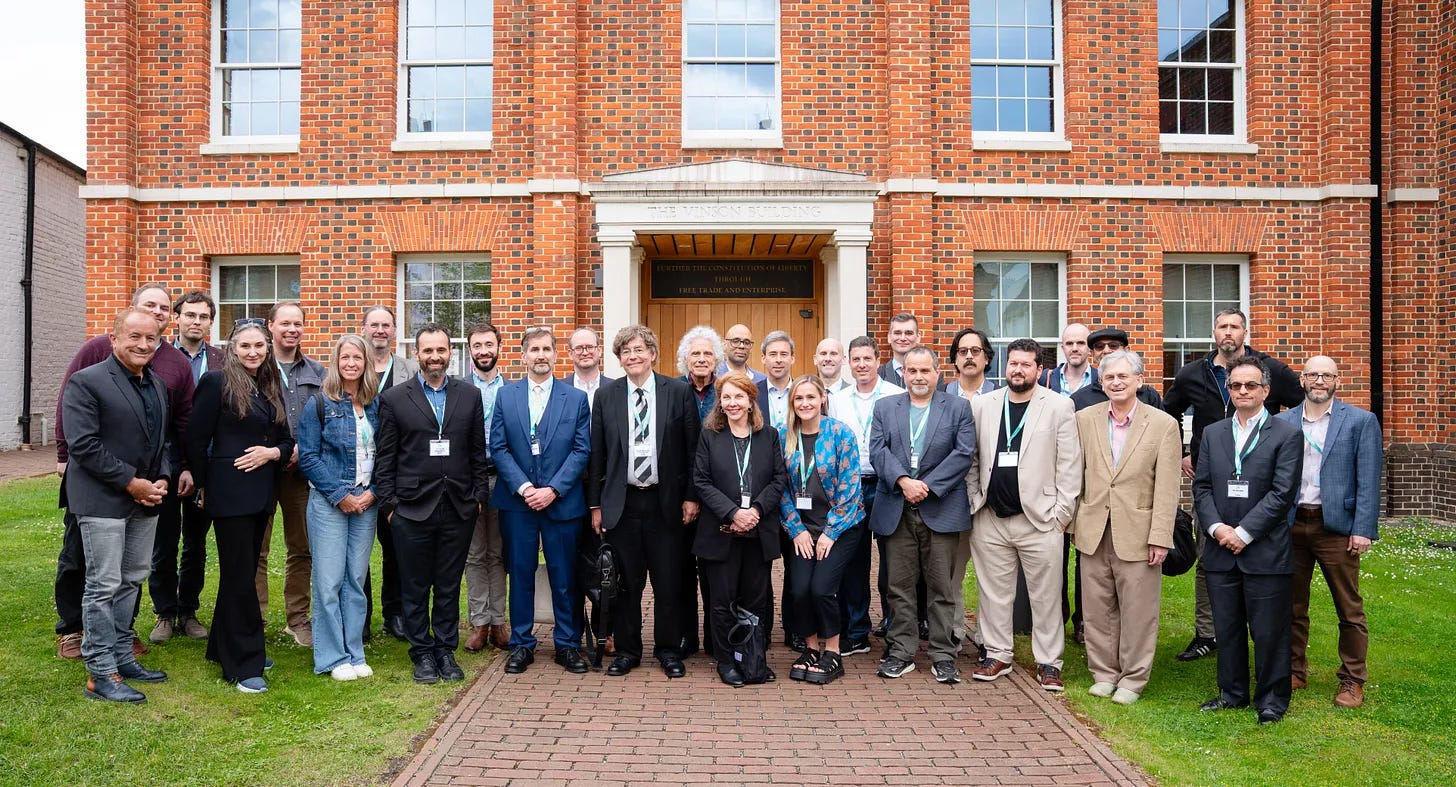
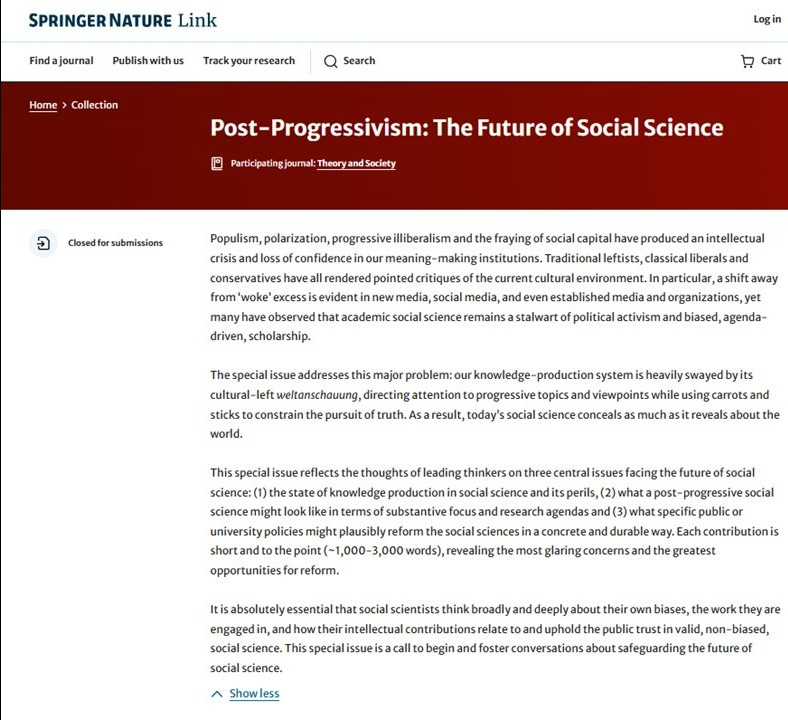
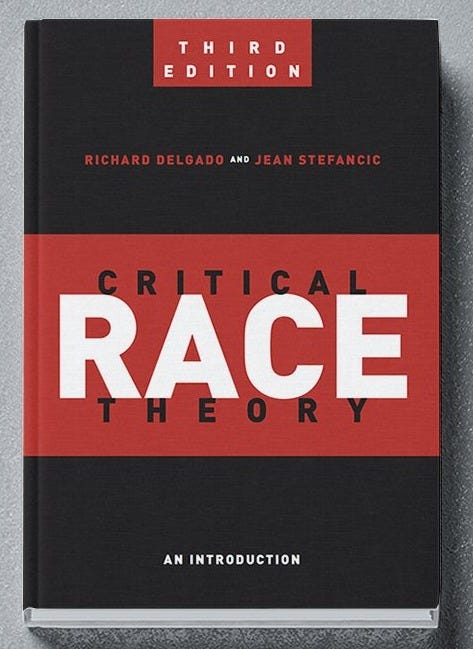
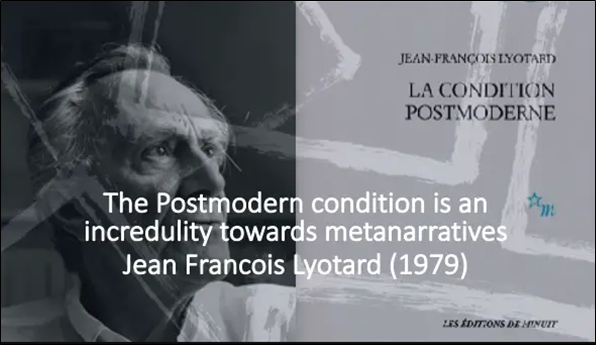

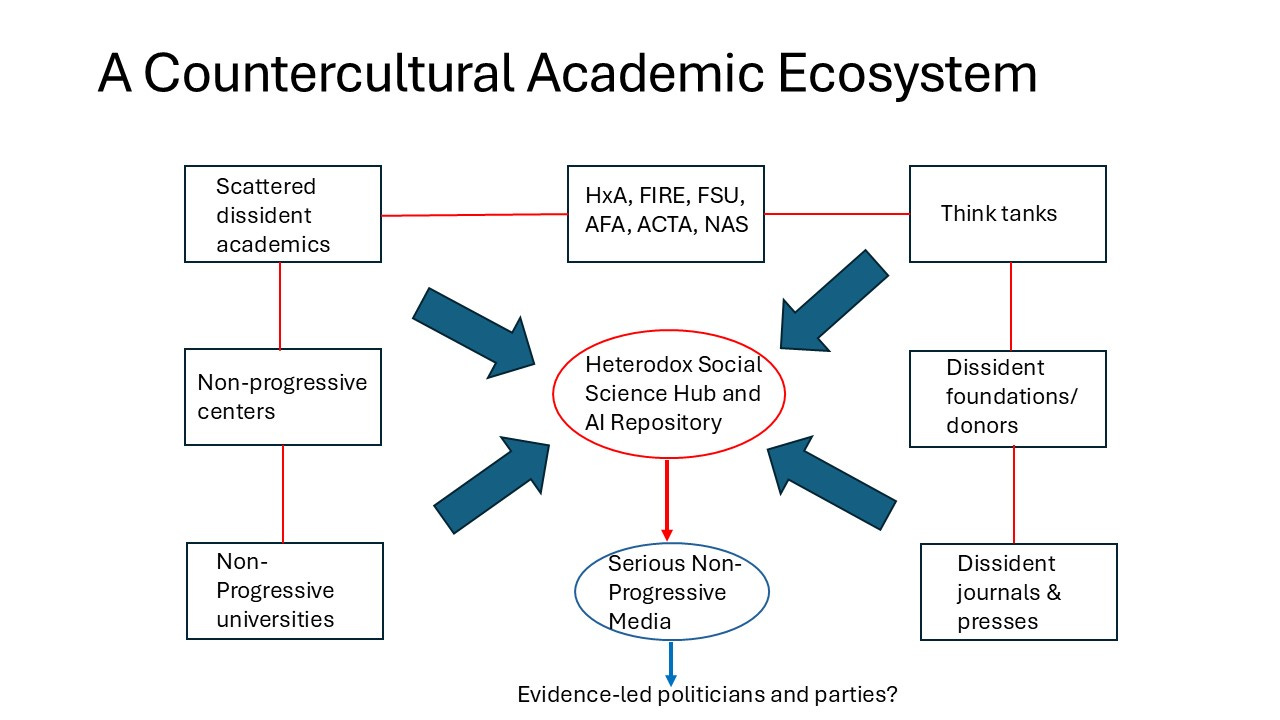
Here here. As ax ex podcaster turned journalist covering woke progressive policies in Canada, I find it doesn't matter how well informed or well crafted my arguments are, they are simply dismissed.
Well done sir. This is so impressive that it gives me hope of a saner society even in the UK.